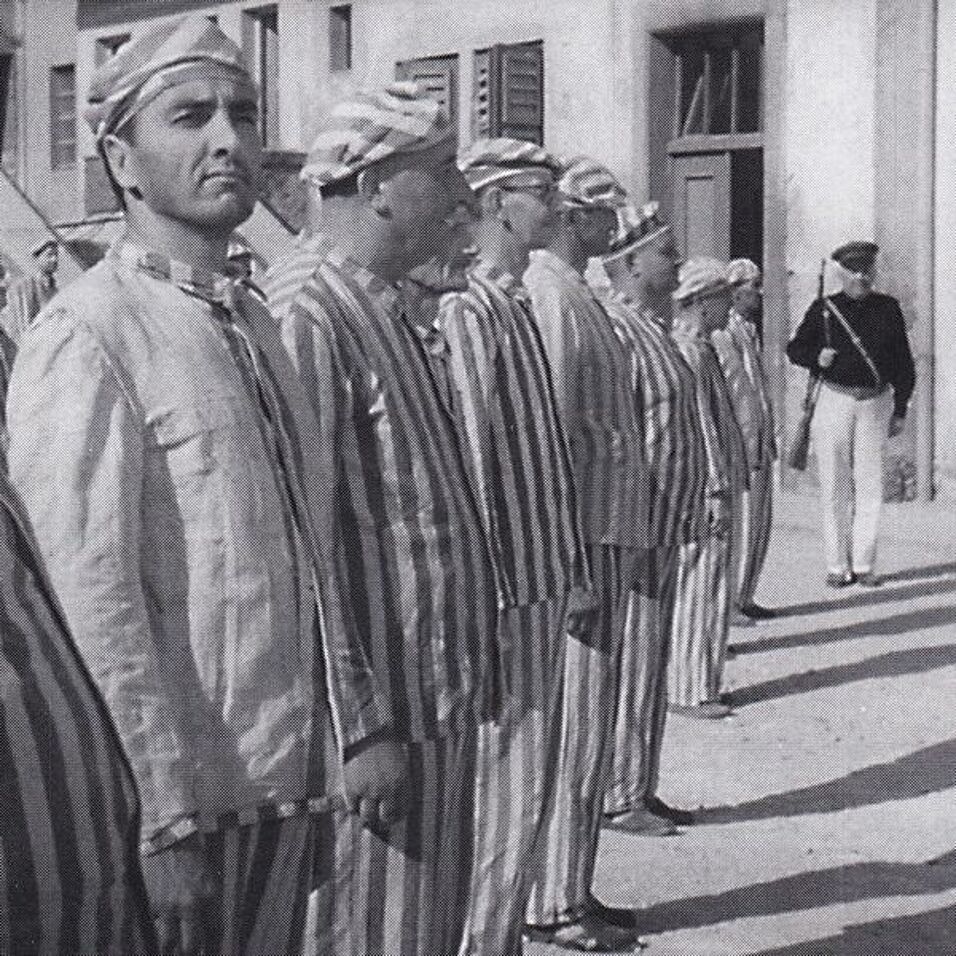Seminarraum 1, Institut für Slawistik, Universität Wien (Spitalgasse 2, Hof 3, 1090 Vienna)
Institute for Slavic Studies and research platform “Transformations and Eastern Europe”
- with Nevena Daković, Nikica Gilić, Dina Iordanova, Dijana Jelača, Jasmina Lukić, Sanjin Pejković, Uroš Ristanović, Hanna Stein and Vesi Vuković -
Discipline can be regarded as a lasting preoccupation of (Post)Yugoslav cinema: from the 1950s to the present day, this cinema regularly engages with prisons, orphanages, factories, hospitals, army facilities, etc. The workshop will examine these representations as important symptoms of changes within a discourse-power nexus. A fundamental theoretical queue for this inquiry is Michel Foucault’s proposition that discipline, albeit being a form of power, cannot be subsumed under the concept of state sovereignty, while disciplinary institutions dispose of a relative autonomy in relation to the state apparatus in a narrow sense. Questions as to who is regarded as the bearer of discipline at which time-point, what discourses are connected or opposed to discipline, who is being represented as the exemplary subject of discipline, therefore trace out the manifold transformations in an imagery of power within the (Post)Yugoslav space, without reducing this imagery to the (repressive) state apparatus.
Furthermore, being itself an apparatus that produces visibility, cinema shares in one of the main properties of disciplinary dispositifs. This leads to another set of questions: are there subjects that get “tamed” through them appearing on the (Post)Yugoslav screen? If so, what narrative and formal procedures allow for this taming? Which (Post)Yugoslav filming practices fashion themselves as overtly anti-disciplinary and in which way? Finally, film studies that engage with Post(Yugoslav) cinema can themselves be regarded as an object of (institutional) “disciplining” that, in imposing its own rules and evaluations of historical narratives, functions as a symptom of broader changes within the discourse-power network. In addressing these questions, the workshop aims at questioning not only processes specific to (Post)Yugoslav cinema, but also broader conceptualizations of power within the (Post)Yugoslav space.
Organization: Adrian Pelc and Miranda Jakiša

